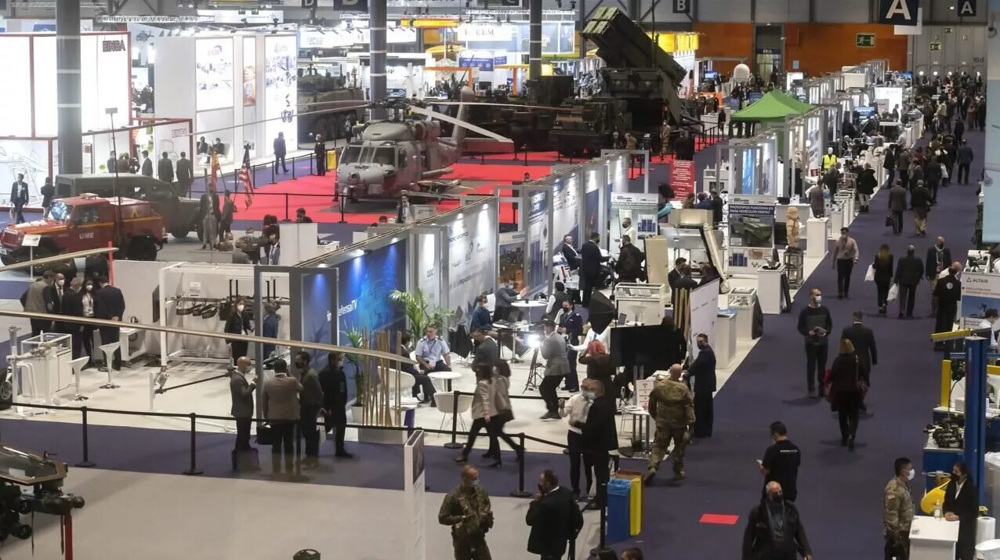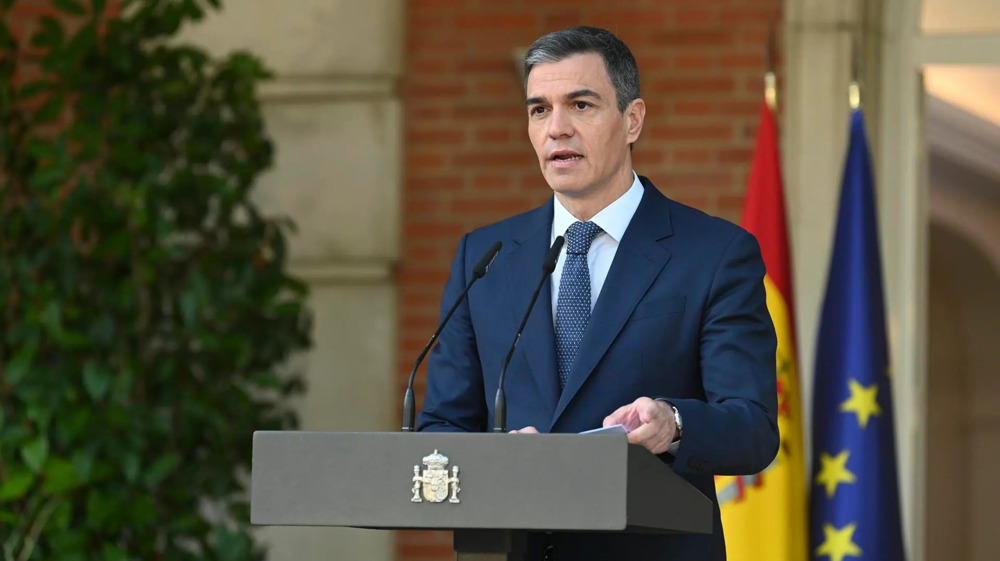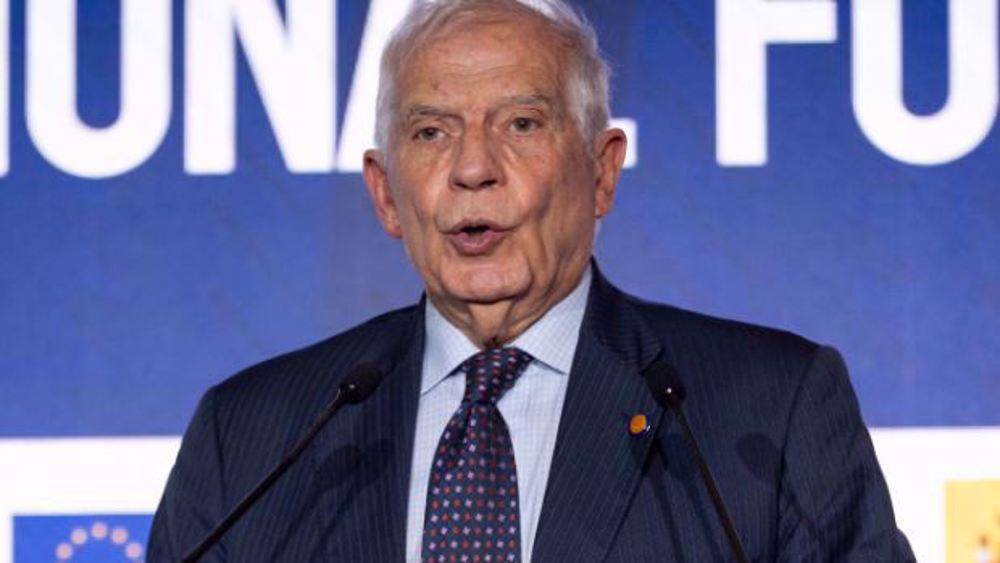NATO to continue European military buildup
Senior EU officials say the sanction regime imposed against Russia over the conflicts in Ukraine and Syria will remain in place.
During a media event held in Germany on Monday, European Parliament President Martin Schulz said that sanctions against Moscow were tied to the Minsk agreement which was aimed at ending the conflict in Ukraine.
Despite condemning Russia’s alleged involvement in clashes in Ukraine, Schulz stressed the importance of retaining dialogue with Moscow.
"I can't just wish Russia away. We should not declare Russia to be a pariah. Instead, we should tell Moscow, 'We condemn what you are doing wrong, but will keep the channel for dialogue open for when you're ready,'" he said.
In September 2014, the government in Kiev and the pro-Russians signed a ceasefire agreement in the Belarusian capital Minsk in a bid to halt the clashes in Ukraine’s eastern regions.
The warring sides also inked another truce deal, dubbed Minsk II, in February 2015 under the supervision of Russia, Germany and France.
Since then, however, both parties have on numerous occasions accused each other of breaking the ceasefire.
The US and EU have accused Russia of playing a role in Ukraine’s conflict. Moscow, however, denies the allegations.

European Council President Donald Tusk, also present at the event, noted that the only solution to Russia’s support for the Syrian government and its anti-terror airstrikes in Aleppo was the prolonging of sanctions. "It's obvious for me today, the only way is to prolong the sanctions against Russia... Otherwise it will be a clear capitulation."
Russian air force fighters have been striking armed terrorists across Syria, including Daesh and Jabhat Fateh al-Sham terror groups, at the official request of the government of President Bashar al-Assad since September 30, 2015.
Syria has been gripped by foreign-backed militancy over the past five and a half years, which has claimed the lives of around 400,000 people.

NATO Secretary General Jens Stoltenberg, also present in the event, said that the alliance would continue its military buildup in Europe, while trying to avoid a new Cold War.
"We don't want to increase our presence (further), but we'll continue to send a signal that our troops can be reinforced if needed," he said. "It's very important to avoid a new Cold War. We don't want a new arms race."
Moscow and NATO have been at odds over an array of issues, including the crisis in eastern Ukraine and the Western military alliance’s buildup around Russia’s borders.
VIDEO | Press TV's news headlines
Iranian satellites launched into space as private sector debuts in space industry
VIDEO | Iran, Azerbaijan conduct joint maritime rescue operations
VIDEO | Yemen’s Red Sea divide: Naval forces block Israeli-linked ships in strategic ‘parting of the water’
VIDEO | Southern Gaza: Israel’s facade for famine and suffering
VIDEO | IOF hampering humanitarian aid
VIDEO | Sharmahd: Justice Done
Iran repeatedly warned Israel not to test its will: FM











 This makes it easy to access the Press TV website
This makes it easy to access the Press TV website